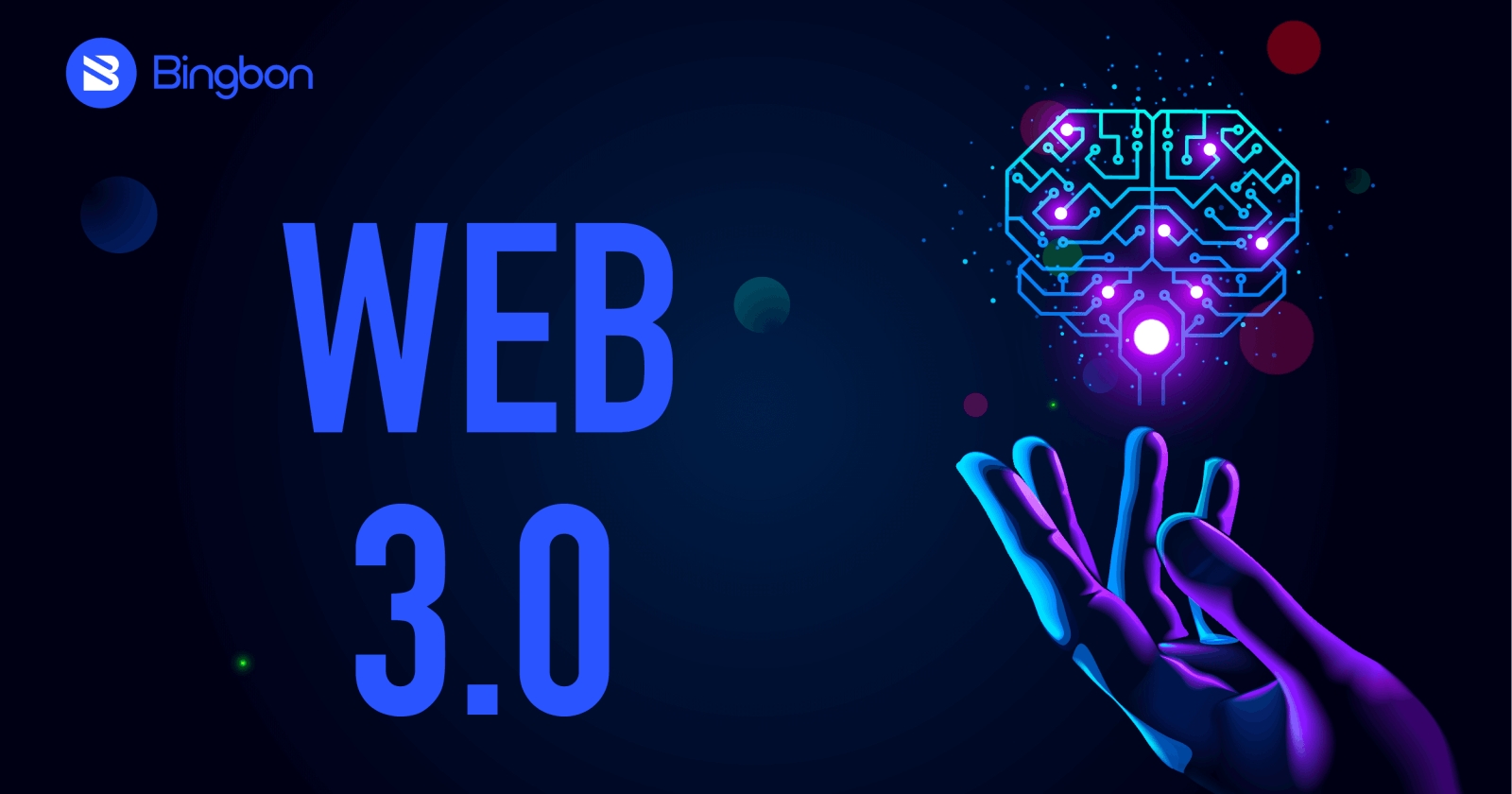The early internet needed avant-garde programmers and businesses to develop new products to make the Internet useful and to be rewarded for the value they created. No one knows in advance what the consequences of their construction will be. Crypto networks, with their open-source protocols and everyone-owned networks, offer the opportunity to restructure the Internet into a system that benefits more people around the world. This is a vision worth striving for. The world evolving today is increasingly controlled by technology, so we must design systems that benefit the collective. The transformation of the Internet, from Web 2.0 to Web 3.0, is diverse and will change the way we interact with the Internet.
In the United States President Trump has been banned from using Twitter, and Parler, which uses AWS services, has been removed from PlayStore and AppStore.
WhatsApp has announced that it will share information with its parent company Facebook
These are important and understandable issues and need to be actively discussed. Small businesses and startups rely on Facebook advertising services, Google search suggestions, and Amazon's AWS service to survive. Artists and creators face the risk of having their information deleted from sites like Spotify, Instagram, and Tiktok. Although these are not new problems, it is becoming more and more serious. The development of technology monopolies and their scalability to information privacy rights and personal freedoms has spurred the Internet transition from Web 2.0 to Web 3.0
What Is Web 3.0?
Web 3.0 (commonly called Web3) is a reform model aimed at democratizing the Internet. Web 3.0 is present in the Crypto Space and other digital fields such as AI, Virtual and Augmented Reality, and more. By applying new technologies, Web 3.0 is changing how we, as a collective, view and value the Internet. Web 3.0 is about creating an Internet that works for everyone, owned by everyone.
Where does Web 3.0 come from?
The term was originally coined in 2014 and popularised in 2018 by Ethereum co-founder and Polkadot founder Gavin Wood. The spirit of this term goes back to when Satoshi developed Bitcoin and advocated a decentralized DNS called BitDNS.
I think it would be possible for BitDNS to be a completely separate network and separate blockchain, yet share CPU power with Bitcoin. - Satoshi (2010)
DNS has long been controlled by organizations such as Verisign and the Internet Corporation for Assigned Names and Numbers (ICANN) overseen by the US Department of Commerce. This centralized control of DNS has been used to enforce IP rights, prohibit websites from selling copyrighted material, censor free-of-speech sites like WikiLeaks, seize domain names (IP addresses) without proper procedures, etc. Censorship decisions are usually influenced by the top levels of government and the lobbyists of the largest multinational organizations, who may not always be acting in the best interests of the general public. Satoshi and other Bitcoin enthusiasts recognized this. In 2011, a fork of Bitcoin called Namecoin was born to allow censorship-proof domains at .bit domain addresses. Namecoin was ahead of its time. A proxy service or extension (such as MetaMask today) was required to log in at the .bit domain, making it very difficult to use. Plus, most people did not want their own website or personal domain at that time. All of this caused Namecoin to fail because of low demand from its users. Ten years later and now new blockchains and decentralized services may be ready for success. These applications are making the Internet more decentralized with Web 3.0. Another example of such infrastructure is the Handshake network.
